Yes, data security is a top priority for us. Anytime AI implements AES-256-bit encryption to protect your data as if your credit card transaction or bank wire transfers. We meet global standards and certifications (e.g., HIPAA, ISO 27001 & SOC 2 Type II, GDPR, etc. ) leveraging the power of world class Cloud Service Providers. Anytime AI platform safeguards data with product security, strict infrastructure security, organizational security, and robust internal security measures, ensuring comprehensive protection across all systems. Click here to view more information on our security compliance, including our 18-page Data Privacy and Security policy statement.
Anytime AI addresses AI hallucination by combining Information Extraction (IE) and Retrieval-Augmented Generation (RAG) technologies to ensure accuracy. IE rigorously extracts verified information from documents, grounding outputs in factual data. RAG then retrieves contextually relevant information from a specialized knowledge base, reducing the likelihood of unsupported or incorrect responses. This dual approach provides users with reliable, accurate information for legal applications, minimizing errors and enhancing trust in Anytime AI’s outputs.
Our AI platform provides rapid results depending on the nature of the task and the complexity of the case data. For most legal tasks, our AI-powered system delivers outcomes within seconds/minutes, enabling quick and efficient case handling. However, more complex cases with thousands of pages of records might take a few more minutes as they require deeper analysis. Rest assured, our system is designed for speed without compromising accuracy, while automating laborious tasks like summarizing a medical chronology from 1000+ pages of medical records from days/weeks to minutes.
Our AI platform is a secured closed AI, which is built upon our proprietary AI technology and the most advanced foundational models (Large Language Models). For each of our AI’s answers, you can click a button to trace back to the most relevant sentences in the source documents, highlighted for your ease of review and validation. We are committed to constantly iterate/update our AI platform to ensure high reliability and accuracy. This commitment allows us to maintain consistent accuracy, giving legal professionals the confidence to rely on our results for their cases.
Our General AI is a versatile AI service that supports a variety of daily legal tasks ranging from document summarization and review to document drafting across all practice areas. Our AI Agent for PI is a specialized solution tailored specifically for personal injury cases, automating key PI workflow steps such as medical analysis and chronology and demand letter drafting.
Yes, Anytime AI’s system can process handwritten notes, provided they are clear and legible. Our advanced AI leverages Optical Character Recognition (OCR) technology and can convert neatly handwritten text into digital format. If our AI is unable to recognize a medical doctor’s handwritten notes but you can, you have the option to manually correct the results yourself. This allows legal professionals to seamlessly integrate handwritten notes into case files, making it easier to organize and analyze case data.
Yes, Anytime AI is built to process and analyze large documents (e.g. tens of thousands of pages) quickly and efficiently. Our infrastructure is scalable, allowing us to support firms with high data demands without compromising performance.


You can get started with Anytime AI today. Click book a demo. Our dedicated team will guide you through the onboarding process to ensure a smooth setup.
Yes, we offer a two-week free trial period for new users to explore our AI product & services and assess benefits to their legal practice. Book a personalized demo with our team for more information.
Yes, we offer AI tutorial and usage training sessions before you sign up as our clients. After you get on board, our account manager will provide more regular training, and ensure that your team can quickly learn how to use the platform’s features and maximize the benefits.
We offer 9:00AM – 6:00PM EST regular technical and business support via phone and email. If you need support outside this window, please let us know and we will strive to make special appointments to accommodate your needs. Our dedicated team is ready to assist you with any technical issues, onboarding, or general inquiries.
No, Anytime AI is a cloud-based AI application. You can access it from any device with an internet connection (e.g. laptop, mobile phone, iPad), regardless of the operating system (Windows or macOS). This ensures flexibility and ease of use for legal professionals on the go.

Using AI in legal practice brings both opportunities and serious ethical considerations. One major concern is the accuracy of AI-generated outputs, which may contain errors or “hallucinations” that could mislead legal professionals or clients if not thoroughly verified. Confidentiality is another critical issue, as inputting sensitive or privileged client data into AI systems—especially cloud-based ones—may pose data privacy risks or violate professional responsibility obligations. There is also the concern of algorithmic bias, where AI trained on biased datasets may perpetuate systemic inequalities or render unfair assessments. For plaintiff lawyers handling emotionally sensitive and high-stakes cases, these risks are particularly concerning. Therefore, it’s essential for lawyers to remain the final decision-makers, use AI as a supporting tool, and ensure compliance with local rules of professional conduct and ethical standards.
AI is reshaping the landscape of legal services for plaintiffs by democratizing access, reducing overhead costs, and enhancing the overall decision-making process. For solo practitioners and small firms, AI tools make it possible to handle more complex cases without the need for extensive support staff. Clients benefit from more affordable and efficient services, as automation reduces billable hours spent on routine tasks. Moreover, predictive analytics enables lawyers to assess the likelihood of success or determine case value early on, which can inform whether to accept or reject certain cases. In mass torts and class actions, AI can help identify patterns across thousands of client files or medical records, speeding up the time to litigation. Still, with these benefits come challenges around regulation, privacy, and the need for human oversight. As AI continues to evolve, plaintiff lawyers will need to balance innovation with caution to ensure both ethical integrity and high-quality legal representation.
Our AI platform provides rapid results depending on the nature of the task and the complexity of the case data. For most legal tasks, our AI-powered system delivers outcomes within seconds/minutes, enabling quick and efficient case handling. However, more complex cases with thousands of pages of records might take a few more minutes as they require deeper analysis. Rest assured, our system is designed for speed without compromising accuracy, while automating laborious tasks like summarizing a medical chronology from 1000+ pages of medical records from days/weeks to minutes.
AI has become an essential tool for plaintiff lawyers handling personal injury and mass tort cases where medical record analysis is critical. Traditionally, reviewing thousands of pages of medical records could take days or even weeks and often required medical experts or specialized staff. AI systems can now automate this process by extracting key facts such as diagnoses, treatments, timelines, and provider notes. These tools are designed to recognize medical terminology and link clinical findings to the legal theories of the case. This not only reduces the time and cost involved but also ensures that lawyers don’t miss important details that could influence liability or damages. For mass torts involving hundreds or thousands of claimants, AI can help identify trends or commonalities in injuries and treatments, which strengthens the firm’s ability to build consolidated arguments. Ultimately, this results in a more thorough and strategic litigation process.
When evaluating an AI legal tech solution, plaintiff lawyers should consider several key factors to ensure it fits their practice needs. First, the platform should be purpose-built for litigation or plaintiff-side workflows, with features like document review, case chronology building, discovery management, or medical analysis. Second, data security and compliance are crucial—especially when dealing with HIPAA-protected medical records or client-sensitive information—so firms should choose tools with strong encryption, access controls, and audit logs. Third, ease of use and integration with existing systems (e.g., case management software or e-filing platforms) can make a big difference in adoption and workflow efficiency. Lawyers should also assess whether the AI outputs are explainable and transparent, meaning users can understand how conclusions are reached. Finally, it's wise to review customer support options, onboarding resources, and legal disclaimers to ensure the tool is ethically sound and supported by a trusted provider. A well-chosen AI solution can become a major competitive advantage in today’s legal market.

